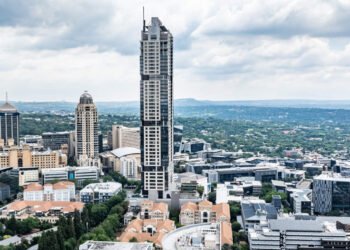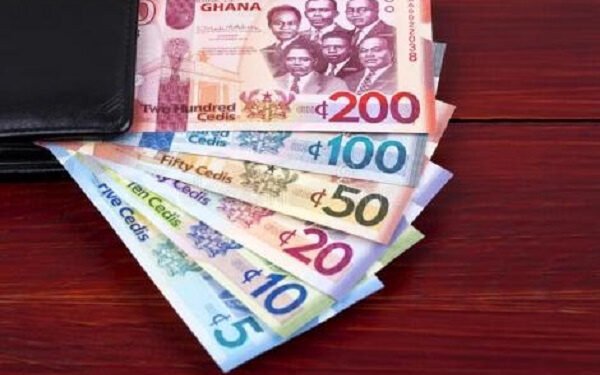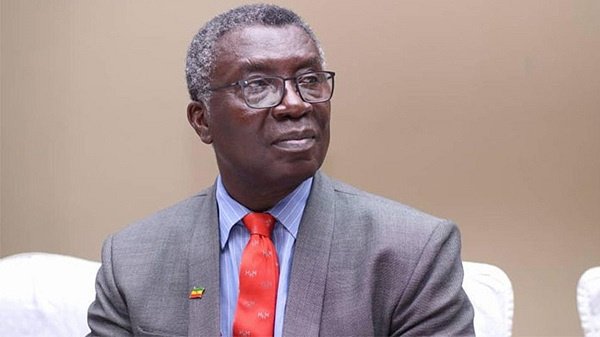Ivory Coast’s cocoa industry has been dealt a heavy blow after data revealed a steep drop in processing activities, sparking concern across the world’s largest cocoa-producing nation. Figures released on Monday by the exporters’ association GEPEX showed that cocoa grinding fell by 31.2% year-on-year in July, dropping to 39,301 metric tons.
Industry insiders attribute this dramatic fall to poor bean quality and limited volumes from the mid-crop. From October, when the 2024/25 season began, until the end of July, the total grind stood at 515,055 tons, representing a 4% decrease compared to the same period in the previous season.
“July’s grinding has fallen dramatically this year compared to last year, mainly due to the quality of the beans,” the director of an international grinding company based in San Pedro “They are mediocre this year, so we are rejecting a large quantity due to a lack of fat and a high acidity level.”
This decline reflects broader challenges facing the sector. Between April 1 and August 17, cocoa bean arrivals at Ivory Coast’s key ports in Abidjan and San Pedro totaled just 350,000 tons, a 30% drop compared to about 500,000 tons during the same period last year. According to exporters, grinding firms currently have no stocks left and will need to rebuild their reserves before production levels normalize.
“We are waiting for October to get good beans to rebuild all our stocks and return to the grinding level for the period, i.e., just over 58,000 tons per month,” said the director of another grinding company in Abidjan. “This will require us to be aggressive in our purchasing from the start of the season.”
Exporters Face Struggles As Stocks Run Dry
GEPEX data accounts for six of the country’s biggest grinding firms, including Barry Callebaut, Olam, and Cargill Inc. Collectively, these firms play a dominant role in the country’s processing chain. With a total national grinding capacity of about 750,000 tons, Ivory Coast has long vied with the Netherlands for the top global position in cocoa grinding.
But despite the short-term challenges, Ivory Coast is looking to the future with ambitious plans to expand its processing capabilities. In 2025, the government inaugurated the Transcao PK24 industrial complex near Abidjan, a landmark $230 million project designed to strengthen domestic cocoa processing. The plant initially processes 50,000 tons annually, with expansion plans to reach 210,000 tons. Beyond grinding capacity, the complex also features a large storage warehouse and a specialized training center dedicated to the cocoa and chocolate trades.

The project, built in partnership with China, is a pivotal step in Ivory Coast’s strategy to add more value to its cocoa industry locally. Authorities say the facility will create about 1,400 jobs while fostering local expertise in cocoa transformation and chocolate production.
Sustainability And Farmers’ Livelihoods At The Core
At the same time, sustainability and environmental preservation remain central to reforms in the cocoa sector. Through the Cocoa and Forest Initiative, Ivory Coast is working with public and private partners to curb deforestation linked to cocoa farming. The program promotes agroforestry, reforestation, and sustainable production practices that align with government plans to restore 20% of forest cover by 2030.
Reforestation projects are underway to regenerate degraded lands and incorporate community forests into cocoa landscapes, helping to break the longstanding link between cocoa cultivation and environmental degradation.
Alongside environmental efforts, the government is also prioritizing social and economic improvements for farmers. Initiatives focus on diversifying farmer incomes, developing post-harvest processing skills, and empowering women in the cocoa trade. By promoting sustainable farming techniques, these programs aim to boost yields on smaller plots of land while strengthening cooperatives and raising incomes across the sector.
Ivory Coast’s approach seeks to transform the country into a regional hub for processed cocoa and premium chocolate production. With global demand for ethically sourced and high-quality chocolate rising, these reforms position the country to capture greater value from its resources while securing long-term economic and ecological resilience.
READ ALSO: World Bank Projects Ghana’s External Sector Strong on Gold, Remittances























